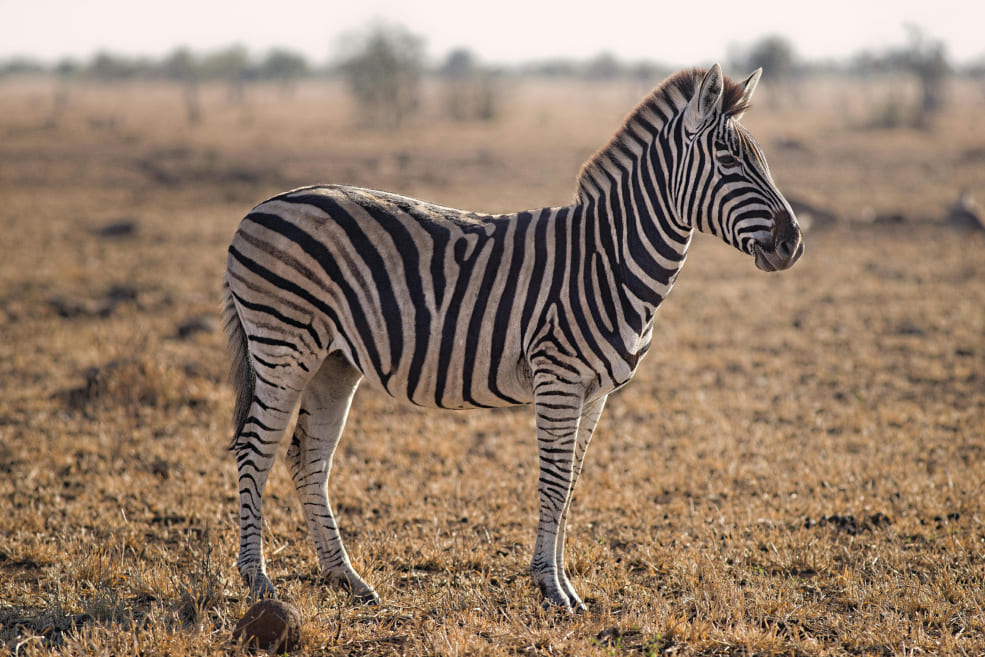
The Impact of Habitat Loss on Wildlife Survival
Habitat loss is one of the most significant threats to wildlife today. As human populations grow and expand into natural areas, the ecosystems that support countless species are being destroyed or altered. This article examines the causes of habitat loss, its consequences for wildlife, and the importance of conservation efforts.
Habitat loss occurs for various reasons, including urbanization, agriculture, deforestation, and infrastructure development. As cities expand and agricultural land is cleared, wildlife is often displaced from their natural habitats. Deforestation for logging and land conversion for farming can lead to the destruction of entire ecosystems, severely impacting the flora and fauna that depend on them.
The effects of habitat loss on wildlife populations are dire. Many species face increased competition for food and shelter, while others may become isolated in fragmented habitats, making it difficult for them to find mates and reproduce. This isolation can lead to inbreeding and reduced genetic diversity, increasing the risk of extinction. Additionally, habitat loss can lead to human-wildlife conflict as animals venture into urban areas in search of food and shelter, leading to further threats to their survival.
Conservation efforts aimed at protecting and restoring habitats are crucial for wildlife survival. Establishing protected areas, restoring degraded ecosystems, and implementing sustainable land-use practices can help preserve essential habitats for future generations. Public awareness campaigns and community involvement in conservation projects can also foster a sense of stewardship for the environment, encouraging individuals to take action to protect wildlife.
Habitat loss poses a significant challenge to wildlife survival, but through dedicated conservation efforts, it is possible to mitigate its impacts. By protecting natural habitats and promoting sustainable practices, we can ensure that future generations will be able to experience the beauty and diversity of the world’s wildlife. It is essential to recognize the interconnectedness of all species and the role that healthy ecosystems play in our planet's overall health.